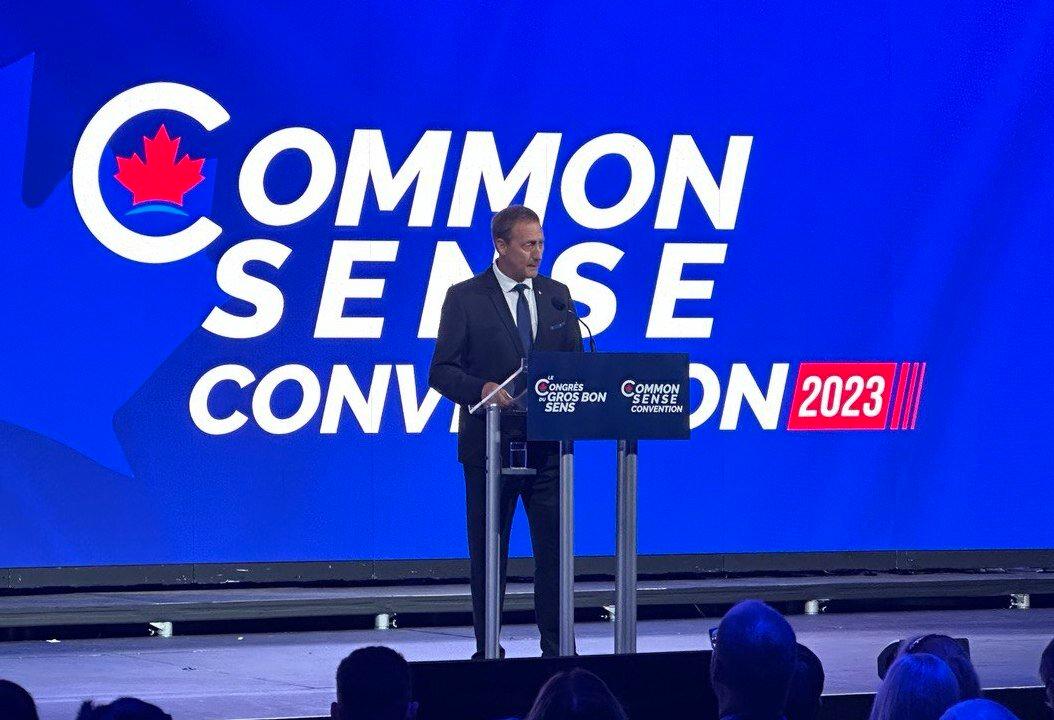QUEBEC CITY—Conservative Party of Canada (CPC) delegates considered a number of amendments to the party’s constitution and policy proposals on the second day of the convention at the Centre des congrès de Québec in Quebec City on Sept. 8.
Among the more consequential proposed constitutional amendments was allowing Canadians abroad to vote in party leadership races and elect delegates. The amendment was voted down amid concerns of foreign interference should those abroad come under the pressure of foreign governments.





